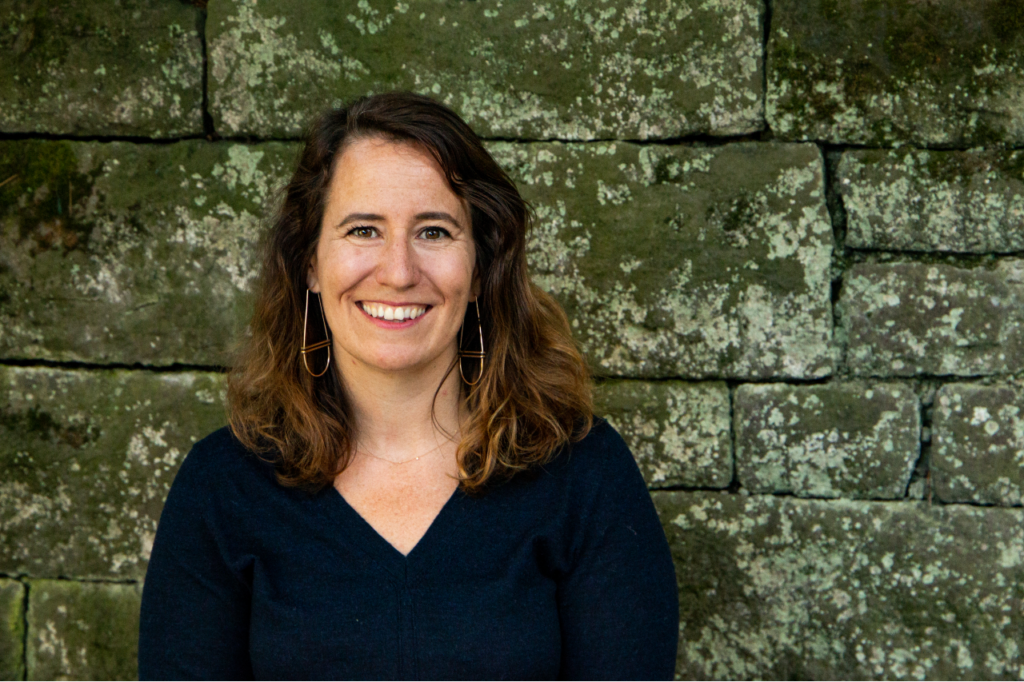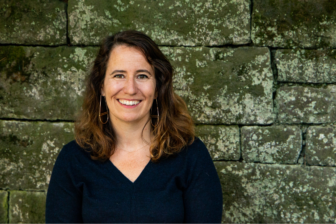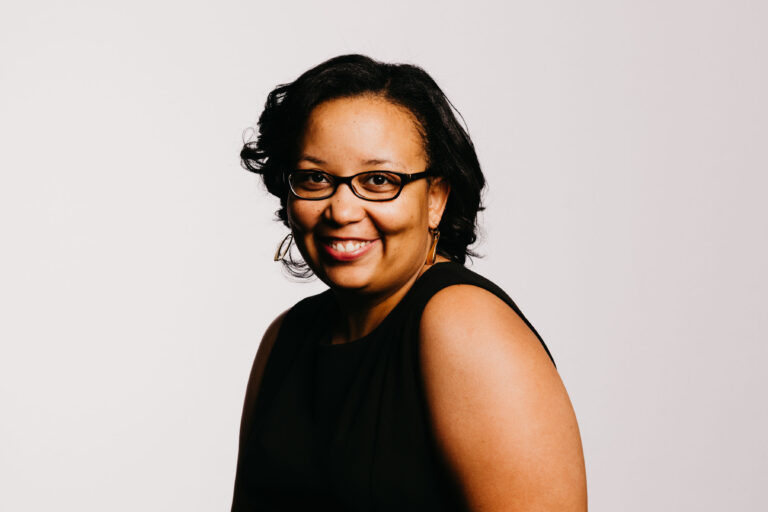Wishing a Fond Farewell to Cecily Upton, FoodCorps SVP
After 10 years with the organization, our co-founder Cecily Upton is transitioning away from FoodCorps this year.
After 10 years with the organization, our co-founder Cecily Upton is transitioning away from FoodCorps this year.


After 10 years, Cecily Upton, FoodCorps Senior Vice President and Chief Strategist, is transitioning away from her work with FoodCorps this year. Cecily has been an invaluable member of the FoodCorps team since our earliest days, starting as one of our original co-founders and shaping every aspect of our work, vision, and strategic direction. We’re so grateful to Cecily for her time with FoodCorps and look forward to following her in her future ventures!
We spoke with Cecily about what brought her to this moment, her fondest FoodCorps memories, and what’s coming next.
FoodCorps: After ten years with FoodCorps, starting as one of our co-founders and most recently as our Chief Strategist and Senior Vice President, you’re moving on from FoodCorps. This is a bittersweet moment for all of us; why is now the right time?
Cecily: Yes, this is certainly a bittersweet time! When I co-founded FoodCorps over a decade ago, I had no idea what was in store. I was 28 years old and it just felt like, well, a good idea – one that I believed had the power to make a difference. Ten years later and that idea has grown into a national organization making a difference every single day for kids, schools, and communities. I have been fortunate to learn so many things from my time at FoodCorps, and yet the answer to “why now?” is rooted in one of the most basic lessons we teach our students: try things! It’s simply time for me to try some new things and some new ways of being.
The societal, social, and political circumstances of the last year have only underscored my decision. As my work over the last decade has increasingly been focused on a national scope, my connection to my local community has gone untended. If the last year has taught me anything at all, it’s that the strength of our future is rooted in the strength of our communities. I’m eager for my next chapter to focus on how I can invest more deeply in the people and place I call home.
FoodCorps: FoodCorps has changed a lot since its founding. What are some of the most meaningful lessons you and the organization have learned along the way?
Cecily: If you peek behind the curtain at FoodCorps, you’ll find a lot of adrienne maree brown devotees. One of her enduring tenets is that “small is all.” The idea is that the basic identity of anything can be seen in its smallest manifestation. A relationship can be characterized by the way in which people greet one another. An organization can be seen in full by observing the most mundane meeting. This idea has influenced me greatly in the last few years and has drawn my attention to the ways in which – at FoodCorps and beyond – our white-dominant culture emphasizes and rewards the big, often at the cost and devaluation of the small. I’ve seen FoodCorps take this lesson to heart and work to be more mindful of how we show up in the small things we do, as an exercise in shifting ourselves to be a more just and more impactful organization on a larger scale.
FoodCorps: What has surprised you the most about FoodCorps’ journey?
Cecily: I think one of the things that has surprised me the most about FoodCorps is the degree to which so many people feel a deep sense of ownership in the organization and are invested in what we do and how we do it. That spirit has been present right from the start, when we opened up our planning process to hundreds of supporters who helped us shape the idea of FoodCorps into the organization it would become. From there, FoodCorps would go on to be co-created at every turn – by our network of initial state partners, by our service members through annual “Build a Better FoodCorps” feedback, by our alumni community (now 1,000+ strong!), by our staff across the country, by our funders and supporters, by our partners in every community we serve and at the state and national levels. Being in a leadership position, this sometimes felt daunting to me – knowing that so many people were paying attention and had hopes or expectations for what we could do or become – but mostly it buoyed me through difficult times and decisions because I knew there were so many people who believed in the potential of the organization would be there to support us when we needed it.
FoodCorps: Are there any standout moments in your time with FoodCorps that illuminate or illustrate the importance of the work?
Cecily: I have been fortunate to have had so many experiences with FoodCorps that continuously motivate me and underscore how critical our mission is to kids and communities. Early in my tenure with FoodCorps, I was lucky enough to travel to every state where we serve and to get to meet an inspiringly wide range of people who believed in the idea and power of FoodCorps as much as I do. And, more importantly, who were already doing impactful, community-based work that FoodCorps helped augment. Whether it was walking the acequias with a service member at the New Mexico Acequia Association, where lessons on healthy food, water rights, and sovereignty intermingled. Or touring D-Town Farm with the Detroit Black Community Food Security Network and their service member, and then subsequently reuniting with her at a conference as she represented her city in a new role with the Office of Sustainability. Or making rambutan cups with a service member (who was also a mother of a student) as part of the Fresh Fruit and Vegetable Program at Na’ahelu Elementary School, at the southernmost tip of the United States. Each of these memories reminds me how it is people, invested in a place, working towards a common goal, that are the most important ingredients when it comes to making lasting change.
FoodCorps: What’s coming up next for FoodCorps?
Cecily: This past year at FoodCorps, my role has been focused on building our new three-year strategic plan. Given the circumstances of the world around us, it was a messy and complicated process. And yet, we have emerged with a plan that builds on what we’ve learned over the last ten years and moves FoodCorps solidly toward being a more just and more antiracist organization. Like some of the lessons and memories I’ve highlighted here, our new strategic plan is focused on investing deeply in the communities we serve by investing deeply in the people who lead the work there. We also plan to more fully embrace the connection and necessity between nourishing school meals and universal food education and to work with our partners to ensure that both of these elements are in place in the schools we serve, in order for kids to build lasting healthy relationships with food.
FoodCorps: Thanks, Cecily! We’ll miss you so much!
Cecily: I will also miss FoodCorps so much, but I can’t wait for my new role as FoodCorps cheerleader as I watch the organization continue to do great things.

FoodCorps in the News: 2024

FoodCorps’ Statement on the 2024 Election

FoodCorps Welcomes Rachel Willis as Interim President